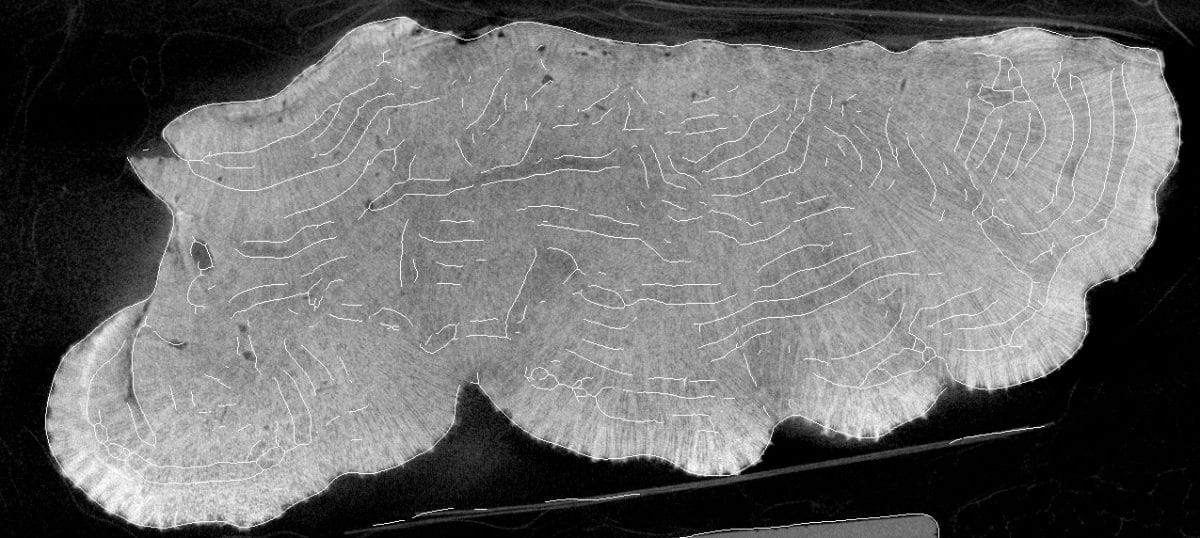About
We are excited to announce that 2x funded summer internships will be available in the summer of 2025, supervised by academics at the Visual Information Lab, University of Bristol. Each intern will work full-time for 7 weeks on cutting-edge research in image and video processing, with support from senior researchers in the group.
These internship projects are supported by MyWorld, a creative technology programme in the UK’s West of England region, funded by £30 million from UK Research and Innovation’s (UKRI) Strength in Places Fund (SIPF).
Eligibility of students and Assessment
To be eligible for a summer internship, students must meet the following criteria:
- Be a full-time student at the University of Bristol.
- Be in their second or penultimate year of study (not in their first or final year).
- Be able to work in person at the University of Bristol during the internship period.
- Have a strong interest in postgraduate research, particularly in image and video technology.
In line with the University’s commitment to promoting equity and diversity, we particularly welcome and encourage applications from students whose ethnicity, gender, and/or background are currently underrepresented in our postgraduate community.
Students will be assessed on:
- Academic record
- Interest in postgraduate research
Project 1
Title: Implicit video compression based on generative models
Description:
This project will leverage various generative models to efficiently represent and compress standard and immersive video signals. Unlike traditional compression techniques, which rely on explicit encoding and decoding processes, this type of approach is expected to learn a compact, latent representation of video content, and then reconstruct high-quality video frames from this compressed representation. This approach aims to achieve better compression ratios while maintaining high visual fidelity, making it particularly promising for applications in video streaming, storage, and real-time communication.
Related works:
[1] Kwan, Ho Man, et al. “HiNeRV: Video compression with hierarchical encoding-based neural representation.”, NeurIPS 2023. [Paper]
[2] Gao, Ge, et al. “PNVC: Towards Practical INR-based Video Compression.”, arXiv:2409.00953, 2024. [Paper]
[3] Blattmann, Andreas, et al. “Align your latents: High-resolution video synthesis with latent diffusion models.”, CVPR 2023. [Paper]
Supervisor:
Please contact Dr. Aaron Zhang (fan.zhang@bristol.ac.uk) for any inquiries.
Project 2
Title: Zero-shot learning for video denoising
Description:
This project aims to develop video denoising through the adoption of zero-shot learning techniques, eliminating the need for conventional noisy-clean training pairs. By leveraging deep learning models that can generalise from unrelated data, the project seeks to develop an innovative denoising framework that can effectively improve video quality under a variety of conditions without prior specific examples. This approach not only promises significant advancements in video processing technology but also extends potential applications in real-time broadcasting, surveillance, and content creation, where optimal video clarity is essential.
Related works:
[1] Y. Mansour and R. Heckel, “Zero-Shot Noise2Noise: Efficient Image Denoising without any Data”, CVPR 2023. [Paper]
[2] Y. Shi, et al., “ZERO-IG: Zero-Shot Illumination-Guided Joint Denoising and Adaptive Enhancement for Low-Light Images”, CVPR 2024. [Paper]
Supervisor:
Please contact Dr Pui Anantrasirichai (n.anantrasirichai@bristol.ac.uk) for any inquiries.
Application
- Submit your [Application Form] by 31 January 2025.
- Shortlisted candidates will be interviewed by 14 February 2025.
- Successful students will be notified by 28 February 2025.
- Students are provided internship acceptance form to confirm information required by TSS for registration by 14 March 2025.
Payment
Students will be paid the minimum living wage for the duration of the internship (£12.21 per hour in 2025), which equates to approximately £428 (35 hours) per week before any National Insurance or income tax deductions. Please note that payment will be made a month in arrears, meaning students will be paid for the hours worked at the end of each month.



